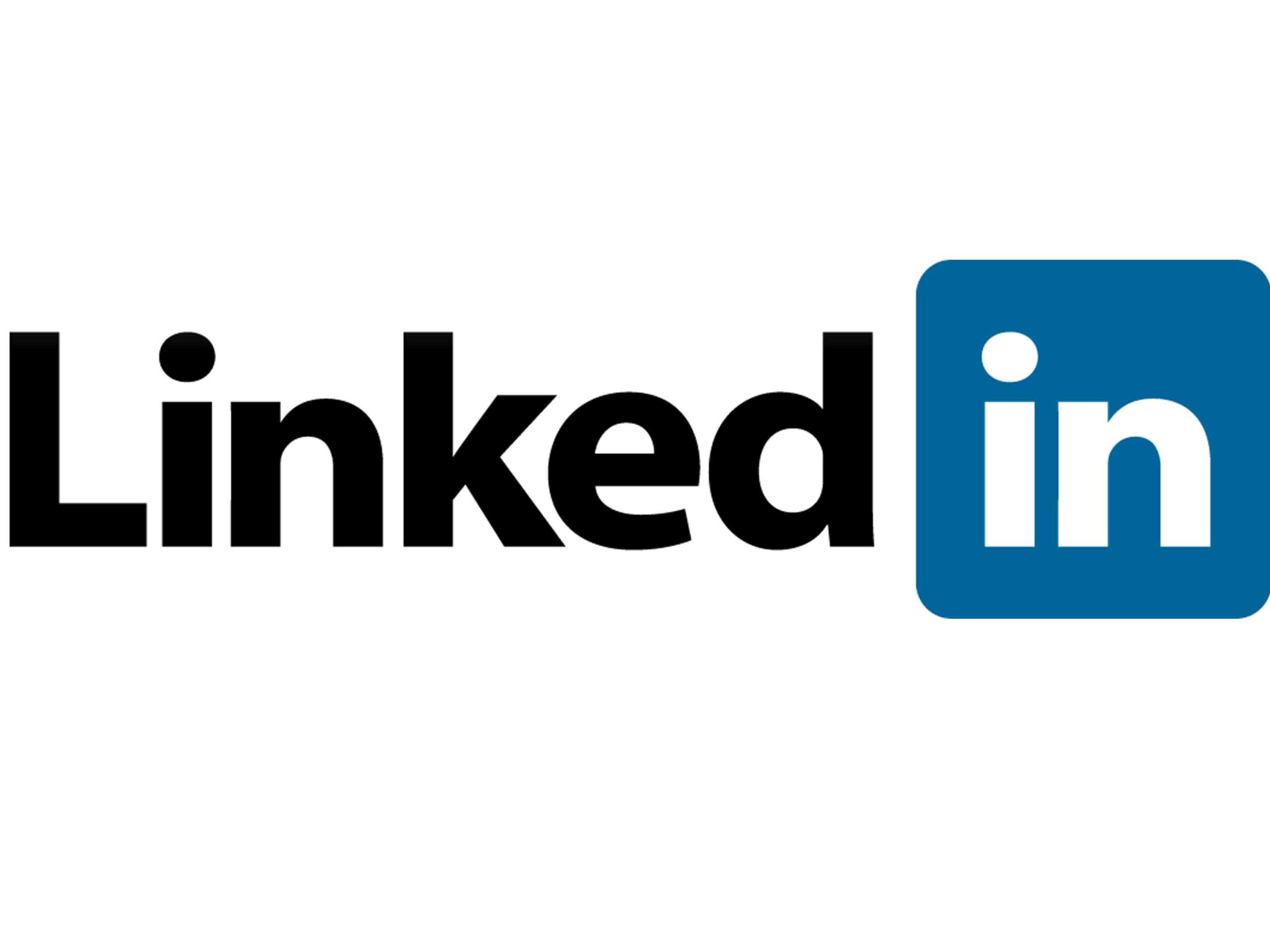Lots of People Are Oversharing on LinkedIn. Should You?
Business Insider recently highlighted a trend we’ve all noticed over the past few years: LinkedIn users are going way beyond the professional posts of yore, now announcing their divorces, sharing their health struggles, posting pictures of their kids, and generally getting a lot more personal than you might expect.
“Tidal shifts in both social norms and the social media marketplace” have fueled this surge in authenticity. Remote work, of course, has us all spending more time connecting with colleagues online. And where users spend that time has shifted. With Facebook now mostly irrelevant, X (formerly known as Twitter) increasingly weird, and TikTok still mostly the domain of Gen Z, LinkedIn seems to be a place where users come to make both professional and personal connections.
When the mask of professionalism falls away, though, online content that keeps it real may raise eyebrows or lead to problems in the real world. As you advise your firm’s lawyers and legal professionals on how to make the best use of LinkedIn as a networking tool, it’s important to cover this thorny issue of “oversharing.” Here are a few things to keep in mind:
As your mother would say, not all attention is good attention. Posting a thoughtful counter-take on an industry trend, calling out an industry practice that is bad for clients, offering a heartfelt endorsement of a colleague — each of these might be considered a “bold” thing to do and, when done well, will drive the right kind of engagement on your personal page. “Naming and shaming” a colleague or former employer who has wronged you, sharing highly personal medical details, ranting about politics or posting a close-up of your new tattoo will also drive traffic to your page, but probably not the kind that is good for your own career or the reputation of your employer.
Oversharing can demonstrate poor judgment. Discretion is important in all kinds of businesses, but arguably most important in the legal industry, where clients place an enormous amount of trust in the firms and lawyers who represent them. If you cross what may seem like a minor line, remember that everyone on LinkedIn can see the post and wonder about the decision-making that went into it — and that includes your firm’s clients.
Unusual posts may be a red flag. While we’ve all enjoyed a bit of schadenfreude scrolling through LinkedIn posts and comments that gave us a double take (helpfully cataloged here on the “LinkedIn Lunatics” Reddit page for your next coffee break), it’s important to remember that sudden changes in behavior and boundaries can be a sign that the poster is struggling with stress, burnout or more serious mental wellness issues. If you see a post by a friend or colleague that concerns you, reach out to them privately to offer support. You may be able to convince them to take the post down before they damage their reputation or put their job at risk.
Bottom line: Be yourself! But proceed with caution to protect the relationships and reputation you’ve worked so hard to build throughout your career. When in doubt, put that dicey post on ice and come back to it in the morning to decide whether the risk is worth the potential reward.

